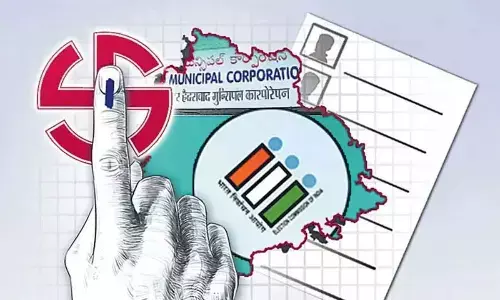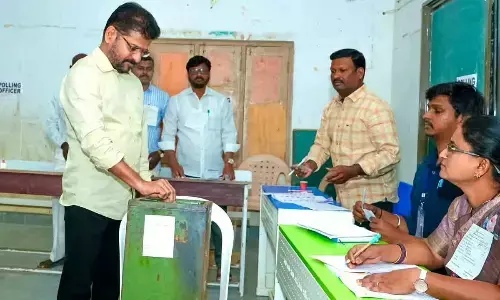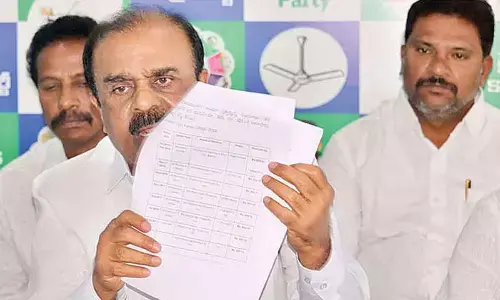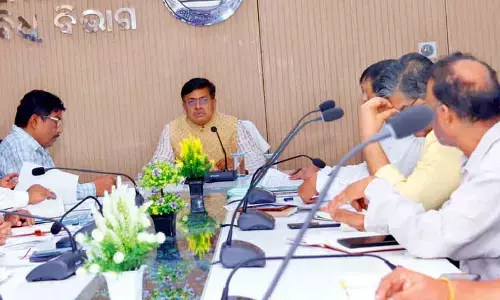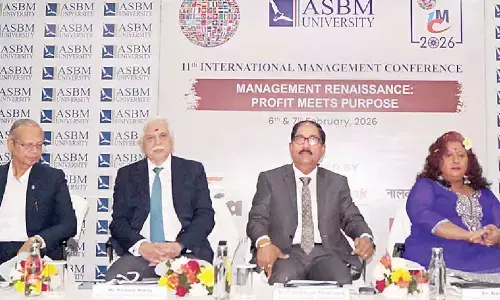Delhi riots: Prosecution concludes arguments opposing Umar Khalid's bail plea in High Court
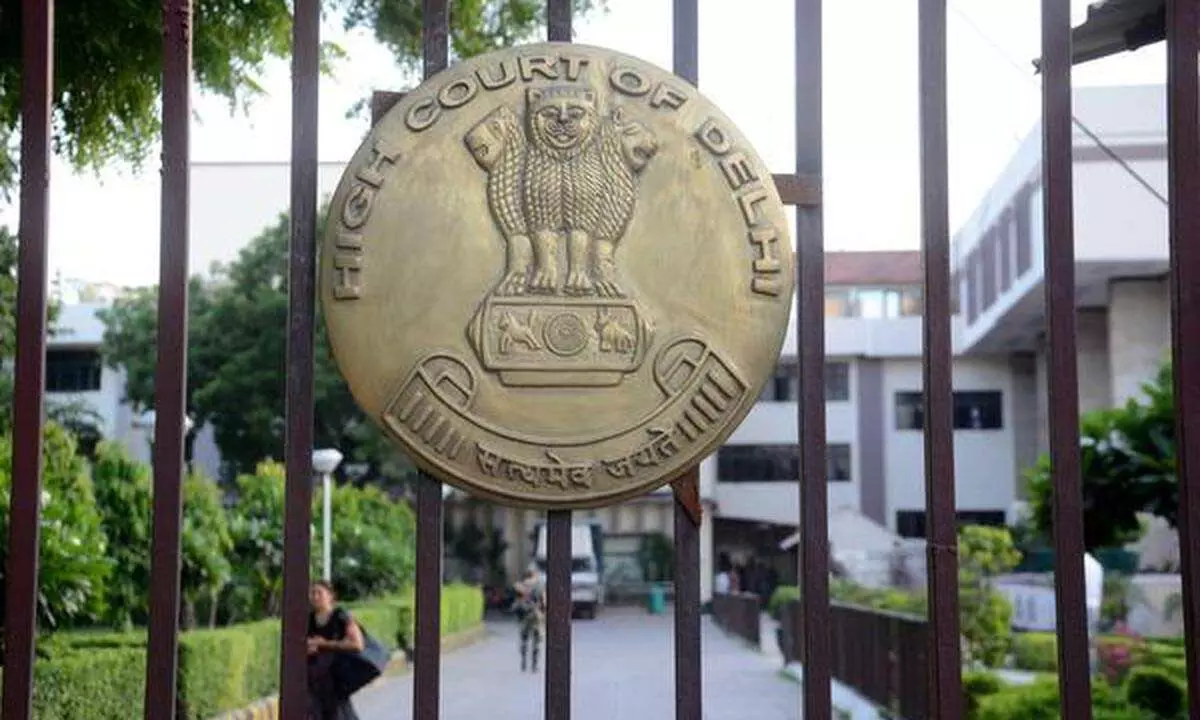
Delhi High Court (File/Photo)
The Delhi Police Wednesday concluded its arguments before the Delhi High Court opposing a bail plea of former JNU student Umar Khalid who was arrested
New Delhi: The Delhi Police Wednesday concluded its arguments before the Delhi High Court opposing a bail plea of former JNU student Umar Khalid who was arrested in connection with a UAPA case related to the alleged conspiracy behind the riots here in February 2020.
A bench of Justices Siddharth Mridul and Rajnish Bhatnagar listed the matter for September 9 for hearing rebuttal submissions of Khalid's counsel. The high court asked the counsel for the prosecution and Khalid to submit their written submissions in the case. The prosecution, which had commenced its submissions on August 1, has opposed the bail plea of Khalid saying the speech delivered by him in Amravati in February 2020 was a "very calculated speech" which brought various points including Babri Masjid, triple talaq, Kashmir, suppression of Muslims and Citizenship (Amendment) Act (CAA) and National Register of Citizens (NRC).
On Wednesday, Special Public Prosecutor Amit Prasad referred to several statements given by the witnesses and also read out a portion of Khalid's Amravati speech. Khalid's counsel had earlier said that mere membership of a WhatsApp group cannot make him criminally liable when nothing objectionable has been attributed to him. He had said out of five WhatsApp groups cited by the prosecution, he was a member of two groups in which also he remained silent and only posted four messages in one of the groups. Police had told the high court that the protests at Shaheen Bagh in the backdrop of CAA were not "organic" or an "independent movement" and that the locals did not support the protests at various places and people were transferred to these sites by certain persons who were trying to "build a narrative".
Khalid, Sharjeel Imam, and several others have been booked under the anti-terror law Unlawful Activities (Prevention) Act (UAPA) and provisions of the Indian Penal Code for allegedly being the "masterminds" of the February 2020 riots, which had left 53 people dead and over 700 injured. The violence erupted during the protests against CAA and NRC. Police had argued that riots happened in two phases, first in 2019 and then in February 2020, and that misinformation was spread during the riots apart from blockade of roads, attacks on police personnel and paramilitary forces, violence in non-Muslim areas, etc. It was contended by the prosecutor that the speeches delivered by various accused in the case have one common factor -- "the essence was to create a sense of fear in the Muslim population".
While referring to certain speeches made by Khalid and other accused, the prosecutor had said, "when you talk about Babri Masjid or triple talaq, they relate to a religion. But when you talk about Kashmir, it is not an issue of religion, it is an issue of national integration". He had contended that these accused were connected with each other at the relevant time as a part of the conspiracy for rioting. Khalid was arrested on September 13, 2020, and has been in custody since then. Besides Khalid, activist Khalid Saifi, JNU students Natasha Narwal and Devangana Kalita, Jamia Coordination Committee members Safoora Zargar, former AAP councillor Tahir Hussain and several others have also been booked under the stringent law in the case.


